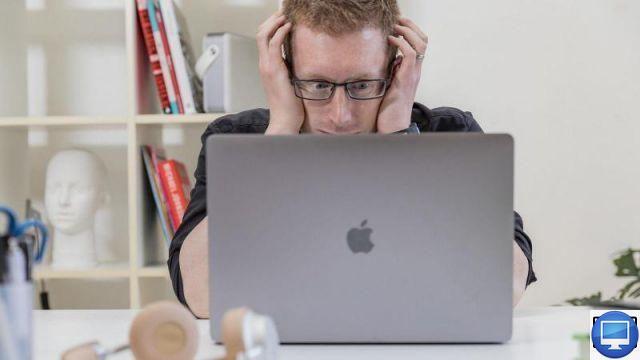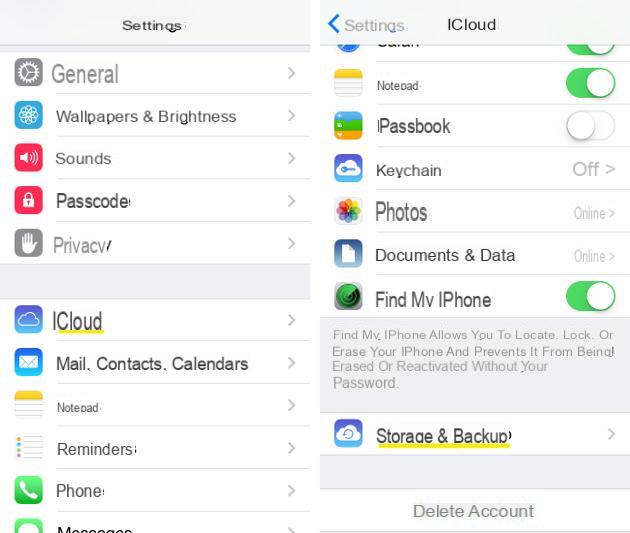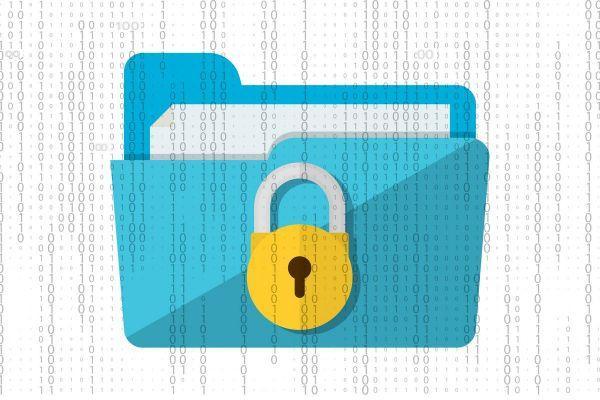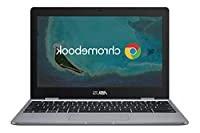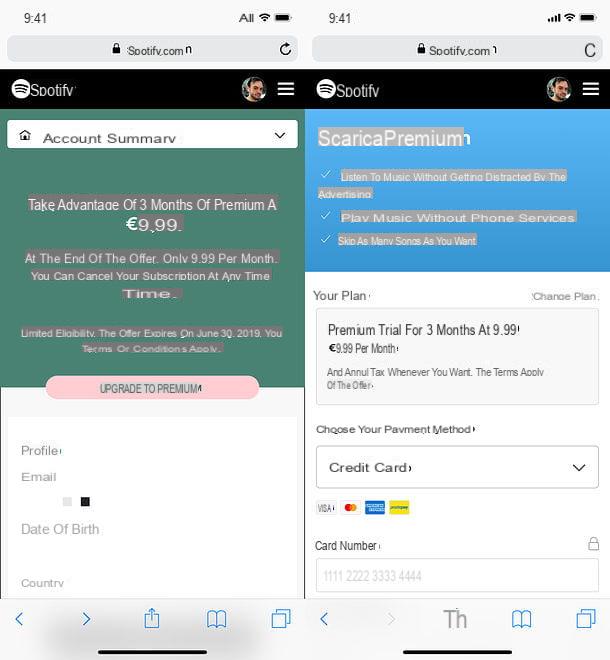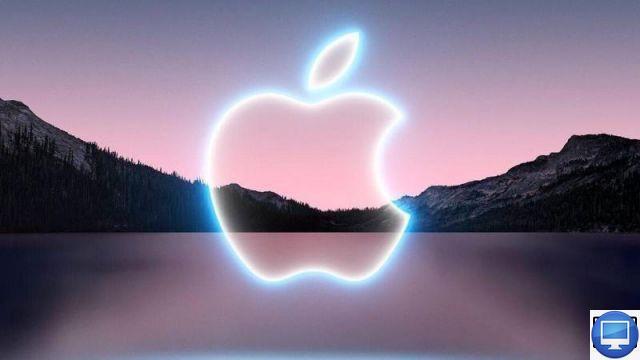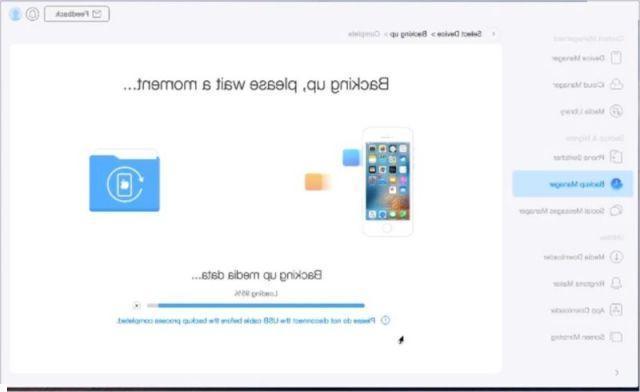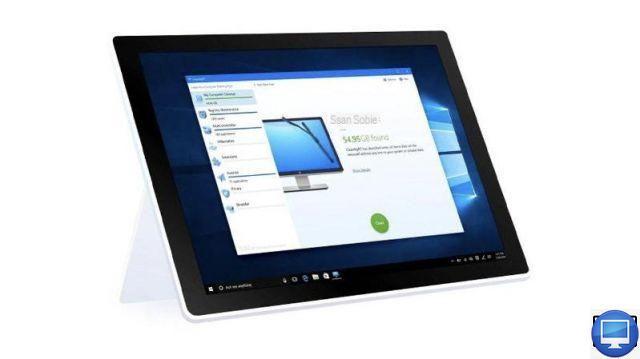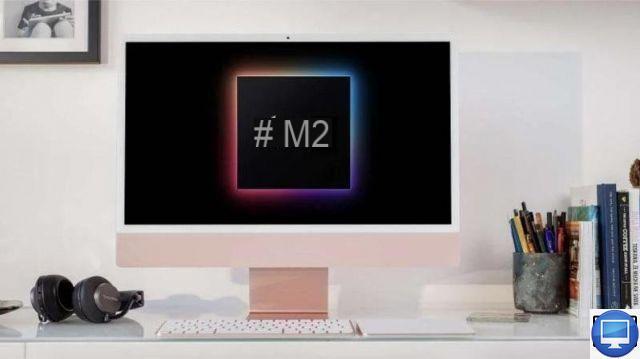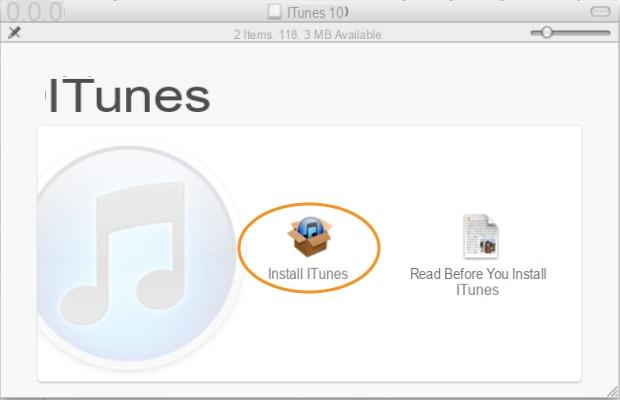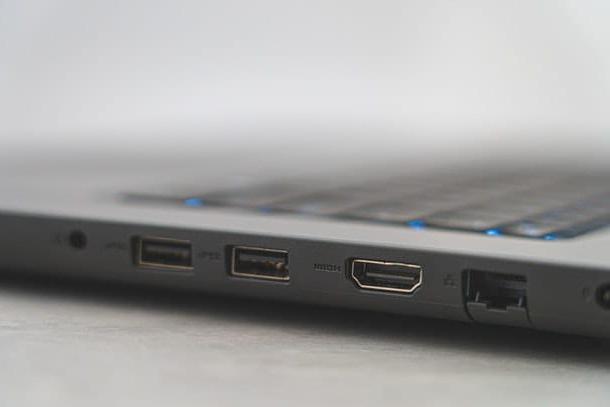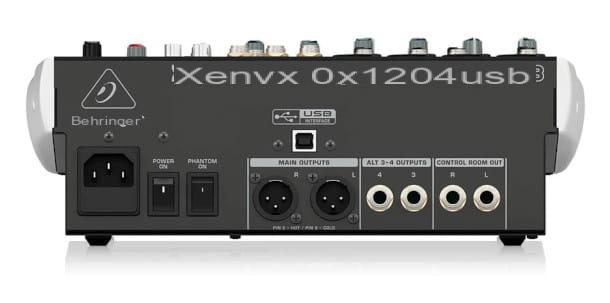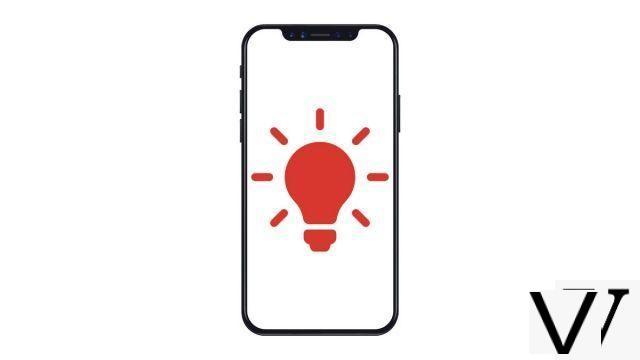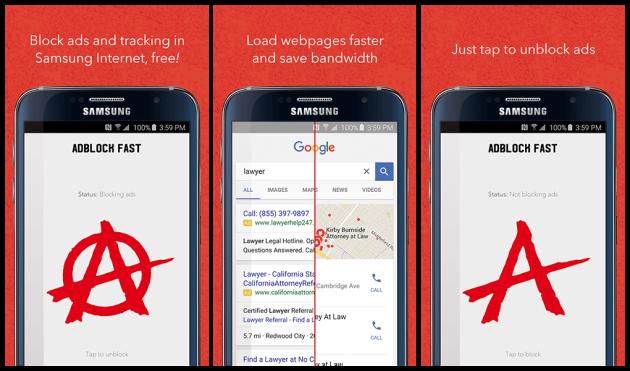
Summary
- > Can Macs be hacked?
- > The different hacking methods
- > The different ways to know if your Mac has been hacked
- > 7 tips to protect your Mac from hackers
For years, Mac users have convinced themselves that Apple computers are natively protected from the malware and viruses that plague Windows PCs.
Although this idea is partially true, it is still important not to let your guard down and monitor any suspicious activity. Indeed, despite some security included on Macs, web hackers have all the skills necessary to hack your device and steal your data.
If you think you are a victim of such processes, then you can check it yourself by following our tips. We also explain the steps to follow in the event of a hack.
Can Macs be hacked?
Apple makes a point of protecting its devices against viruses and making it difficult, if not impossible, for hackers to access them. Between the protections offered by Gatekeeper, the Secure Enclave features of the T1/T2 chips, and Apple's built-in XProtect antivirus, targeting Apple computers takes a lot of effort.
Sometimes it also happens that they are vulnerable against the most experienced cybercriminals.
Fortunately, its flaws can be spotted by security researchers and, once identified, forwarded to Apple. The goal ? May the brand find an emergency solution before it's too late.
In many cases, it intervenes quickly, but it also happens that it takes time. In 2019, for example, researcher Filippo Cavallarin discovered a flaw in Gatekeeper technology which he alerted Apple to. Having received no response from Apple within 90 days, he then made the details public.
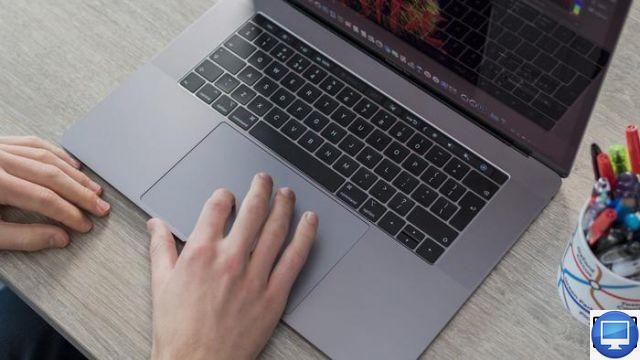
The different hacking methods
Now you know, even if they are rare, hacks on macOS are not impossible. Some have also been discovered on the latest Mac M1.
Presented in different forms, there are several types of malware. Here is a list of the most common:
- Cryptojacking : When someone uses your Mac's CPU and RAM to mine cryptocurrencies.
- spyware : it is a collection of sensitive data about you, like your passwords, to then resell them on the Dark Web.
- Ransomware : they are used to extort money.
- Botnet : this concerns the invasion of Trojans to take control of computers remotely and using BOTs.
- Proof of Concept : virus based on a flaw or vulnerability in Apple's code. Although this threat is less significant, if Apple isn't nimble enough to block it, then it could fall into the hands of criminals.
- Ethical Hacking: hacking via a computer's USB or Thunderbolt ports.
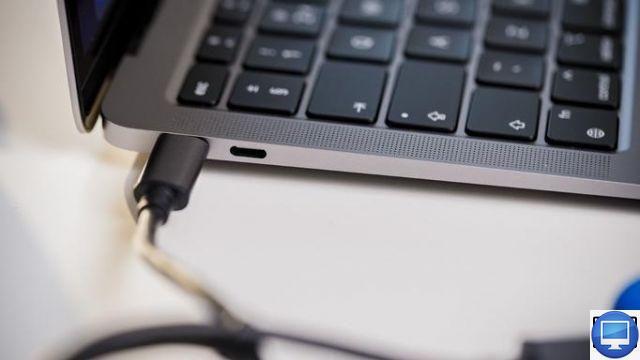
Beware of hacking your Mac's webcam
Once a hacker gains access to your Mac, they can try to obtain information about you, or use your computer's processing power to achieve their ends.
Using spyware, the hacker can install a keylogger and thus recover your access codes. Even more worrying, nothing also prevents him from accessing your microphone or your web cam.
Fortunately, since the launch of the macOS Catalina operating system in 2019, Apple has protected its users against this type of phishing, by imposing the request for authorization to use these features.
However, a camera-related flaw has already affected the Zoom app. There have been cases of hackers adding users to video calls without them knowing, then turning on their webcams while keeping the LED off. This vulnerability was eventually patched by Zoom.
To avoid being the victim of a hacking of your webcam, or at least warn of a potential danger, we advise you in particular to place a cover in front of your camera. This sliding cover will allow you to cover the lens when not in use.
The different ways to know if your Mac has been hacked
Think your Mac has been hacked? There are several ways to find out.
First, visit haveibeenpwned.com and enter your email address to see if it has been subject to a data breach. If so, then change your password immediately. It doesn't necessarily mean you've been hacked, but it's better to be safe than sorry.
Our second tip is to check your activity monitor and examine your network activity. You can also go to System Preferences → Sharing and check if someone else has access to your files.
Finally, our last tip, and not least, is to clean your system using a security utility to detect potential viruses or malware.
Tech Advisor has compared the best antiviruses for Mac, we recommend Intego as the top choice. You can also turn to Bitdefender, which is reliable, powerful and easy to use.
7 Tips to Protect Your Mac from Hackers
As explained, macOS is a very secure operating system. Nevertheless, to reduce the risk of hacking, there are 7 things to do:
- Give preference to software downloads from the App Store or official sites.
- Avoid clicking on links sent in emails, in case they lead you to fraudulent sites.
- Connect a cable to your Mac only if you are sure where it came from.
- Surf the Net in private or incognito mode.
- Do not respond to a ransomware request or a phishing message.
- Download macOS updates as soon as they are available, they usually contain security fixes.
- Use dedicated security software, such as Intego or Bitdefender
Recommended articles:
- How to remove a virus on a Mac?
- The best password managers
- How to protect your iPhone from hackers?
- How do you know if your password has been hacked?




